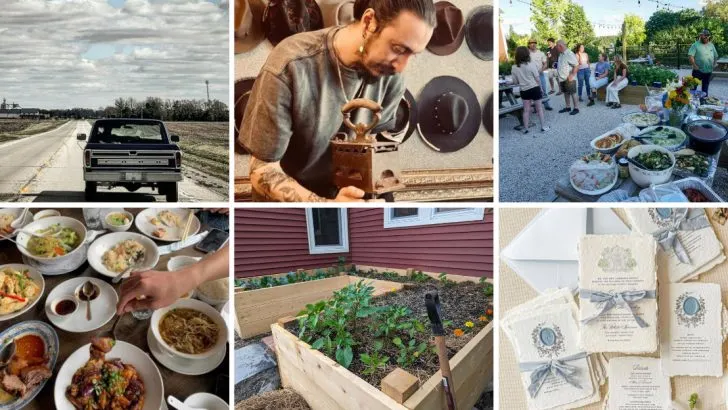Traditions are a cornerstone of culture, connecting generations and creating shared experiences. But as times change, some traditions are quietly fading, replaced by modern conveniences and evolving lifestyles.
While progress is exciting, there’s something bittersweet about seeing these once-common customs become less familiar.
Here are 12 traditions that are slowly disappearing in today’s society. Each one offers a glimpse into the way things used to be, sparking nostalgia and reminding us of the importance of preserving meaningful practices in a fast-changing world.
Handwritten Letters

The art of writing letters by hand is a tradition that is gradually disappearing in the digital age. In the past, receiving a handwritten letter was a cherished moment, filled with personal expression and emotion.
Today, instant messaging and emails have replaced this intimate form of communication. Handwritten letters allowed people to articulate their thoughts with care, often becoming treasured keepsakes.
As technology advances, the simplicity of ink and paper is being forgotten. Reviving this tradition could bring back a personal touch in our fast-paced lives, encouraging more thoughtful and meaningful connections.
Family Meals
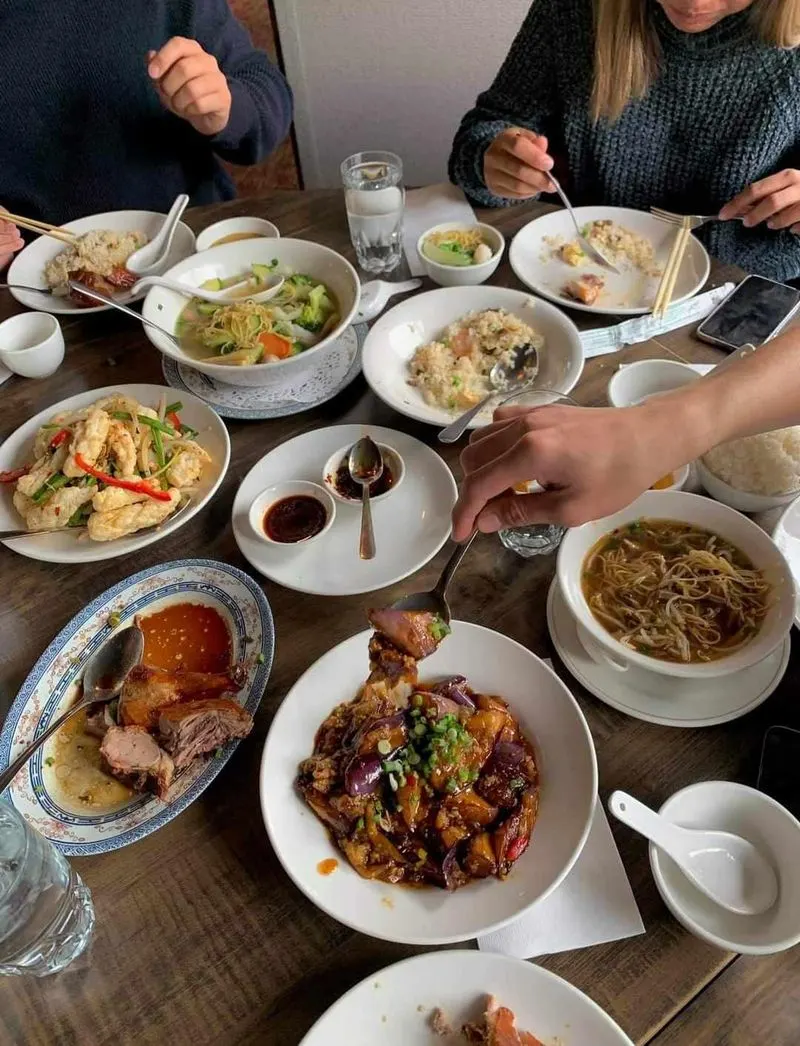
Family meals were once a cornerstone of daily life, where members gathered to share stories and bond over food. This tradition is waning due to busy schedules and the convenience of fast food.
The decline of family meals impacts family dynamics and communication. Sitting together for a meal fosters unity, allowing for open conversations and strengthening relationships.
It offers a moment of pause in our hectic lives. Encouraging family meals could enhance family ties and promote healthier eating habits, creating lasting memories for generations to come.
Traditional Craftsmanship

Traditional craftsmanship, with its emphasis on skill and quality, is fading away as mass production takes over. Craftsmen, who dedicated their lives to perfecting their art, are becoming rare.
This shift affects not only the quality of products but also cultural heritage. Handmade goods possess a unique character and history, often reflecting local traditions.
Supporting artisans can help preserve these valuable skills and promote sustainable practices. Encouraging the next generation to learn these crafts could keep the tradition alive, ensuring that craftsmanship does not become a lost art.
Celebrating Harvest Festivals
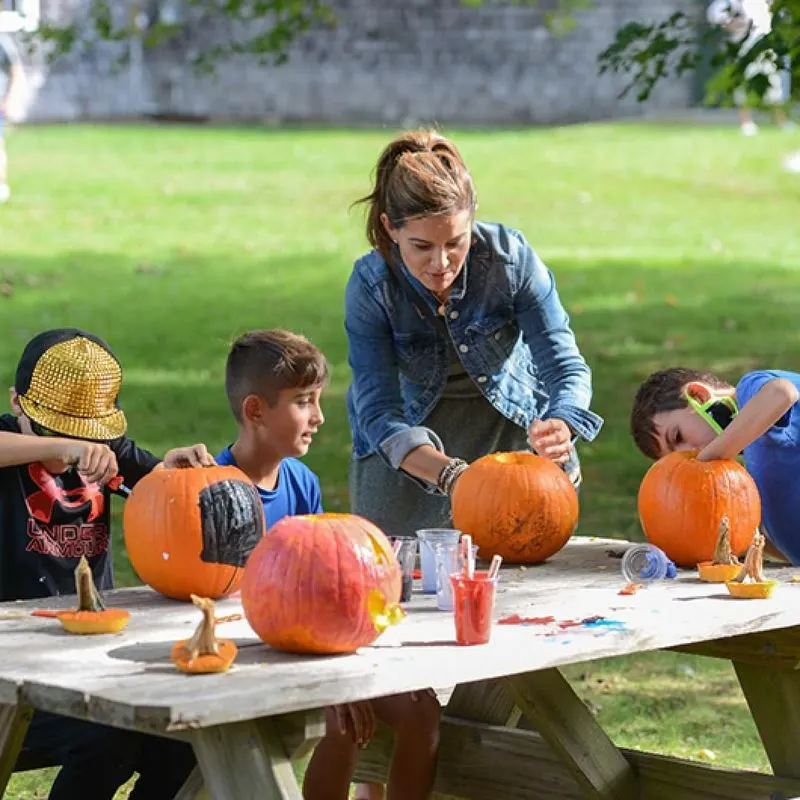
Harvest festivals, once a significant part of agrarian life, are losing their prominence in urbanized societies. These celebrations marked the end of a harvest, bringing communities together in gratitude and joy.
The decline is due to urban migration and lifestyle changes. These festivals play a crucial role in preserving cultural identity and fostering community spirit.
Reviving them could reconnect people with their agricultural roots and promote sustainable practices. Encouraging participation in harvest festivals could strengthen community bonds and offer a sense of belonging and continuity.
Book Clubs
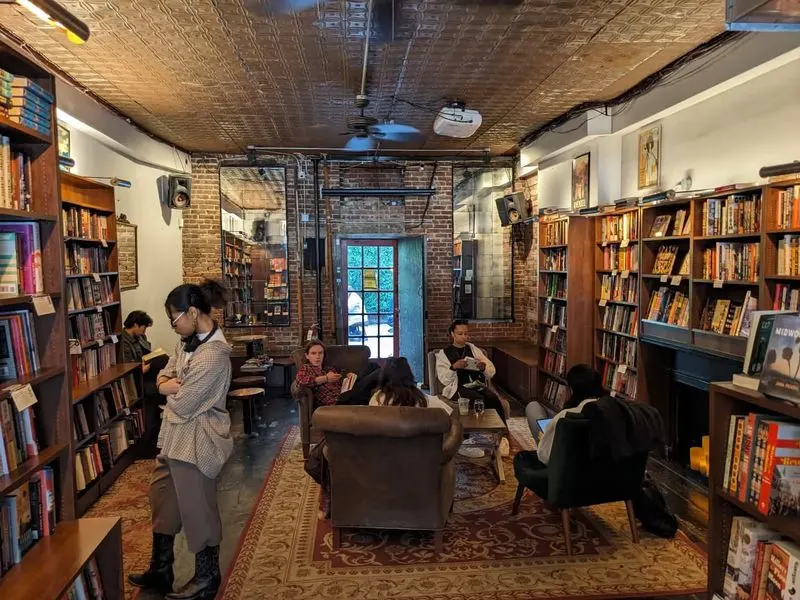
Book clubs, once a popular social activity, are dwindling as digital entertainment takes precedence. These gatherings provided a platform for intellectual exchange and fostered a love for reading.
The decline is attributed to the allure of screens and solitary reading habits. Book clubs offer not just literary exploration but also social interaction and community building.
Reviving this tradition could rekindle an interest in reading and enhance critical thinking. Starting or joining a book club can create opportunities for meaningful discussions and friendships, enriching participants’ lives beyond the pages.
Sunday Drives

Sunday drives were a leisurely family activity, offering a chance to explore and relax. This tradition is fading due to increasing traffic and environmental concerns.
The simplicity of a relaxed drive is being overshadowed by hectic weekends. Sunday drives provided quality family time and an opportunity to appreciate nature.
They encouraged exploration without a specific destination, fostering a sense of adventure and relaxation. Reviving this tradition could offer families a break from routine, promoting mindfulness and togetherness in a world that often values speed over serenity.
Community Potlucks
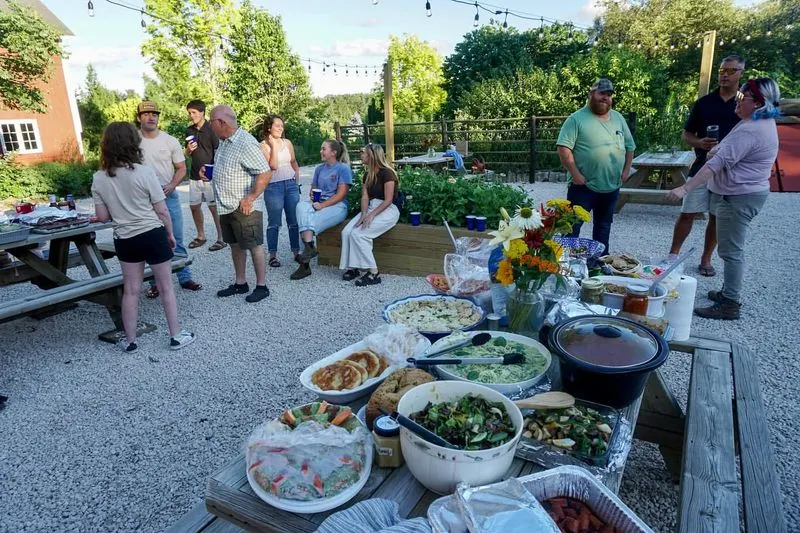
Community potlucks, where neighbors shared meals and stories, are becoming rare as individualism grows. These events fostered community spirit and allowed people to connect through food and conversation.
The decline is linked to busy lifestyles and a lack of communal spaces. Potlucks offered a platform for cultural exchange and friendship, strengthening neighborhood ties.
Reviving this tradition could enhance social cohesion and reduce feelings of isolation. Organizing or participating in community potlucks can bring people together, creating a supportive network and celebrating diversity through shared culinary experiences.
Personal Photo Albums
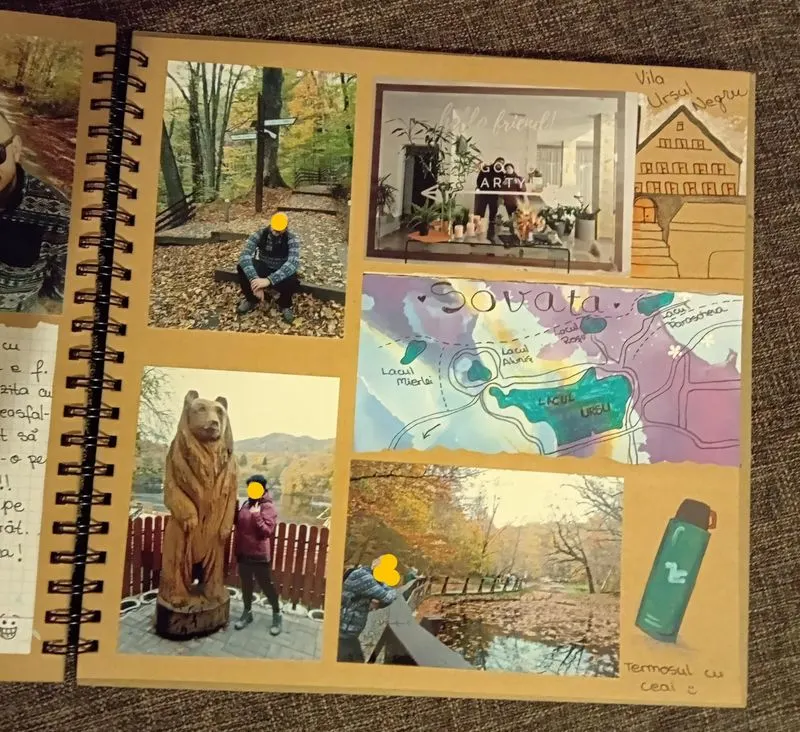
Personal Photo Albums
The tradition of compiling personal photo albums is fading as digital photography dominates. With images stored on smartphones and cloud services, the tactile experience of flipping through a physical album is becoming rare.
However, the joy of reminiscing over printed photos remains unmatched for many. To preserve this tradition, create occasional print albums for special events, ensuring memories are accessible outside of digital screens and preserving them for future generations.
Home Gardening
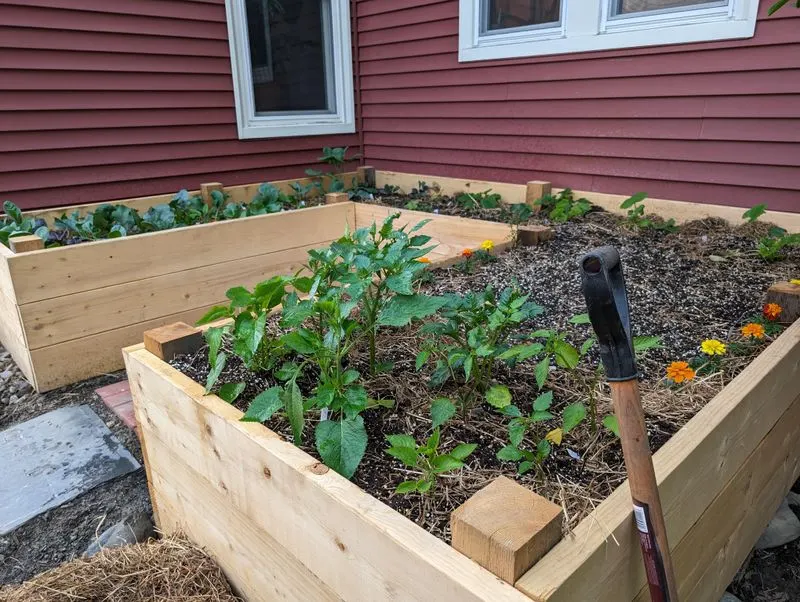
Home gardening, a practice linked to self-sufficiency and sustainability, is declining as convenience takes priority. Growing one’s food was once common, offering fresh produce and a connection to nature.
The decline is due to urbanization and a shift towards processed foods. Gardening promotes health and environmental awareness, providing physical activity and stress relief.
Reviving this tradition could encourage healthier lifestyles and reduce reliance on commercial agriculture. Starting a home garden, even in small spaces, can offer rewarding experiences and a deeper appreciation for the food we consume.
Pen Pals

The tradition of having pen pals is fading as instant digital communication becomes the norm. Pen pals offered a unique way to connect across cultures and build lasting friendships.
The decline is due to the immediacy of emails and social media. Exchanging letters with a pen pal encourages patience and cultural exchange, broadening perspectives.
Reviving this tradition could nurture empathy and global understanding. Encouraging children and adults to find pen pals can lead to enriching experiences, fostering connections that transcend geographical boundaries and celebrating diversity through written words.
Paper Invitations

Paper invitations, once the norm for events, are being replaced by digital alternatives. Sending a physical invitation added a personal and formal touch to gatherings.
The decline is due to cost and ease of digital communication. Paper invitations reflect attention to detail and are often kept as mementos.
Reviving this tradition could lend elegance to special occasions and encourage creativity in design. Choosing paper invitations for significant events can create anticipation and leave a lasting impression, offering a tangible connection in an increasingly digital world.
Mailing Holiday Cards

Mailing holiday cards is a tradition that is fading as e-cards and social media greetings become prevalent. Sending cards was a heartfelt way to express holiday wishes.
The decline is due to the convenience and speed of digital options. Holiday cards offer a personal touch, often becoming cherished keepsakes.
Reviving this tradition could bring back the joy of receiving personalized messages and strengthen connections. Taking the time to send holiday cards can convey thoughtfulness and care, creating a sense of warmth and nostalgia during festive seasons.

